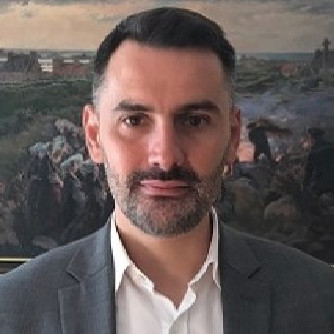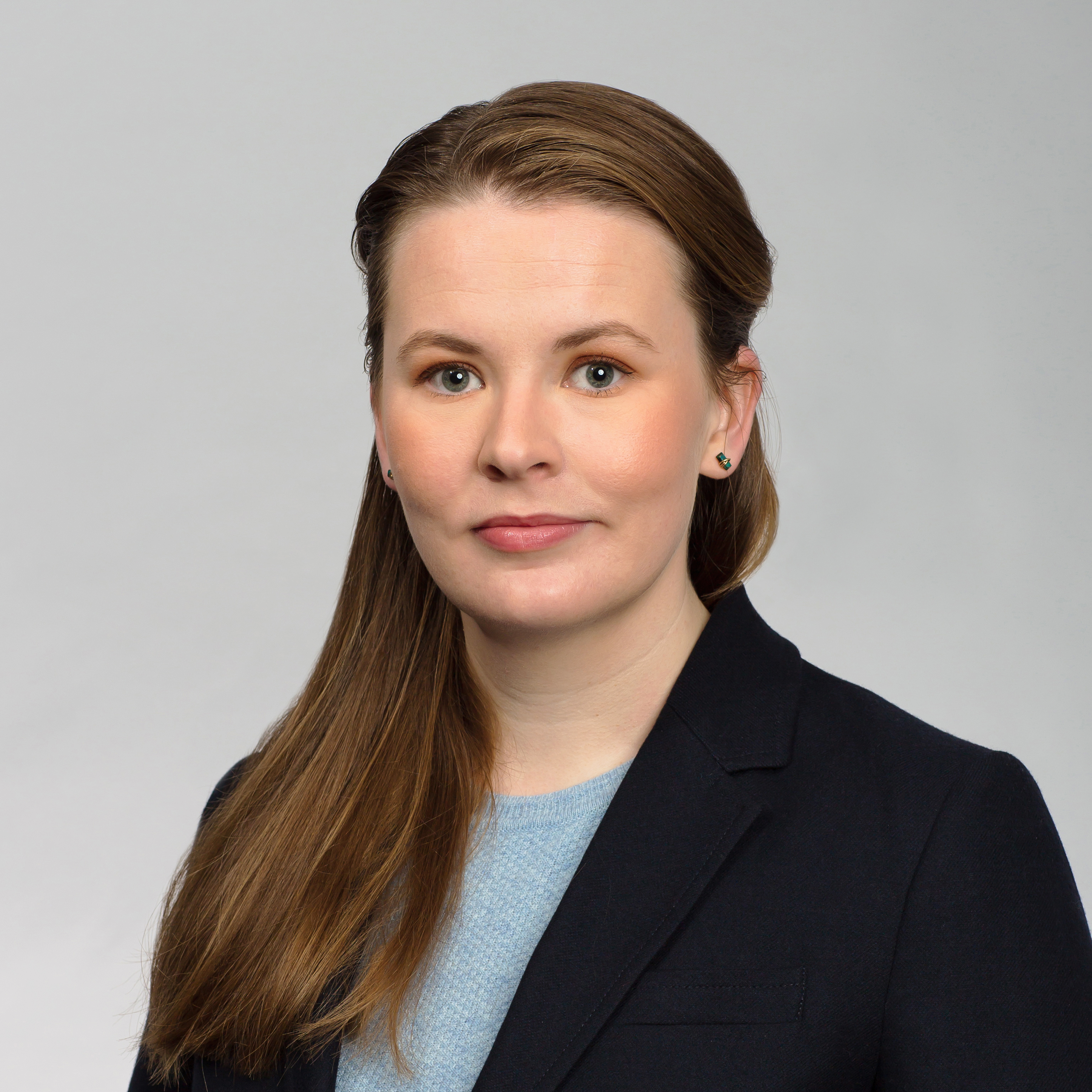Focusing on Cybersecurity for Operational Technology networks, Jeff Foley specializes in safeguarding Industrial Control Systems (ICS) networks, bridging the gap between Informational Technology security and best practices, into the Operational Technology environment for Critical Infrastructure, amongst other industrial networks. With extensive experience spanning Utilities, Oil & Gas, Transportation, Rail, and other industrial networks, Jeff has been instrumental in developing and implementing cybersecurity solutions globally utilizing industrial standards (such as NERC CIP, NIST, ISO 27001, IEC 62443, and IEC 61850 and the NIS 2 Directive). Jeff's visionary approach and commitment to excellence have significantly elevated cybersecurity standards within critical infrastructure sectors, ensuring robust protection and resilience against emerging threats.
Day 2
Keynote: Cybersecurity and Securing your Critical Infrastructure and Defense Sector
Keynote: Algorithms to Armies: How AI Shapes National Security and Cyber Defence
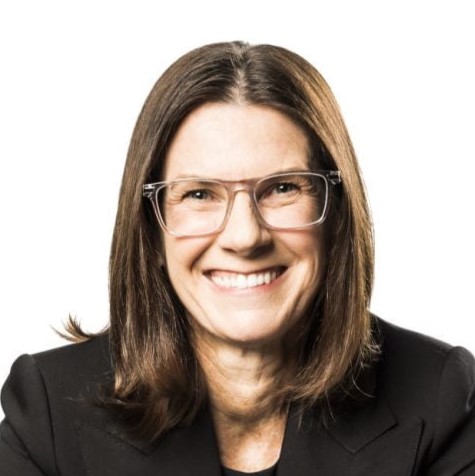
Amy Hogan-Burney
General Manager and Associate General Counsel for Cybersecurity Policy & Protection, Microsoft
Amy Hogan-Burney is the General Manager and Associate General Counsel for Cybersecurity Policy & Protection (CPP). CPP includes Microsoft’s Digital Security Unit, Cybersecurity Policy and Digital Diplomacy teams, and the Digital Crimes Unit and is a global team of attorneys, security strategists, investigators, engineers, and analysts. CPP is responsible for managing compliance with cybersecurity regulations while shaping evolving requirements, advocating for digital peace and rules of nation state conduct in cyberspace, developing productive partnerships with the public and private sector to address cybersecurity and crime, and seeking to disrupt nation state actors and cybercriminals through legal and technical methods.
Prior to leading CPP, Ms. Hogan-Burney led the Digital Crimes Unit and the Privacy Compliance team during the implementation of the EU’s General Data Protection Regulation. She started her career at Microsoft managing the Law Enforcement and National Security team ensuring Microsoft’s compliance with law enforcement and national security legal obligations.
Before entering the private sector Ms. Hogan-Burney was an attorney at the U.S. Department of Justice, Federal Bureau of Investigation. She received her Bachelor of Biomedical Engineering from the Catholic University School of Engineering and her Juris Doctor from the Columbus School of Law at the Catholic University.
Keynote: Maximizing Efficiency in CERT and CDC: Bridging the Gap Between Theory and Practice
Keynote: Maximizing Efficiency in CERT and CDC: Bridging the Gap Between Theory and Practice
The evolving landscape of cyber defence, characterized by the pivotal roles of cyber defence centres (CDCs) and computer emergency response teams (CERTs), presents a complex challenge to safeguarding the defence sector and nation-states against sophisticated cyber threats. This session will delve into the intricacies of automation in cyber defence, the strategic shift towards orchestration, the transformative impact of machine learning, and the art of translating potential threats into actionable intelligence through Natural Language Processing (NLP). Attendees will gain insights directly from field experiences, exploring how these technological advancements are applied in real-world scenarios to enhance cyber resilience.
Automation in Cyber Defence: How do experts balance the efficiency of automated cyber defence mechanisms with the necessity for human intuition in interpreting complex threat patterns? This question will guide our exploration of the current state of automation, shedding light on the successes and challenges faced by practitioners in leveraging automation to streamline threat detection and incident response efforts.
Orchestration as a Strategic Shift: In what ways has the transition from big data analytics to orchestration changed the game for cyber defence operations? Attendees will learn from practitioners about the integration of various cybersecurity tools through orchestration platforms, illustrating how this approach facilitates a more coordinated and agile response to cyber incidents.
Machine Learning’s Transformative Impact: How are CDCs and CERTs utilizing machine learning to proactively detect and mitigate new and evolving cyber threats, such as those posed by connected vehicles? This discussion will provide concrete examples of machine learning in action, demonstrating its capability to analyse vast datasets for pattern recognition and anomaly detection, thereby enhancing predictive cyber defence strategies. Injecting Intelligence into the Decision Process: How can the application of NLP transform unstructured threat information into structured, actionable threat-hunting strategies? The session will reveal how cyber analysts use NLP to interpret human language, extract relevant cybersecurity information, and map it onto known threat behaviours, enriching the proactive hunting capabilities of cyber defence entities and enabling leadership decision cycles concerning defence measures and/or strategies.

Erick Thek
Trend Micro
Erick is responsible for analyzing emerging threats facing public and private sectors. Assisting organisations along their security journey to a point where they feel secure in knowing they are doing their best. Initiating and assisting public and private sector collaborations.
Erick started his career within the US military and then moved into the burgeoning field of cyber investigations. He has led multiple military / governmental security and computer forensic teams. Additionally, he has collaborated across multiple governmental and non-governmental entities mentoring, collaborating, and building security teams. Some of the projects he lead and contributed include identifying insider threats based on digital artefacts; countering smuggling efforts in Africa; countering human trafficking in Africa; bringing effective discussions surrounding the impact of digital intrusions into military decision making processes.
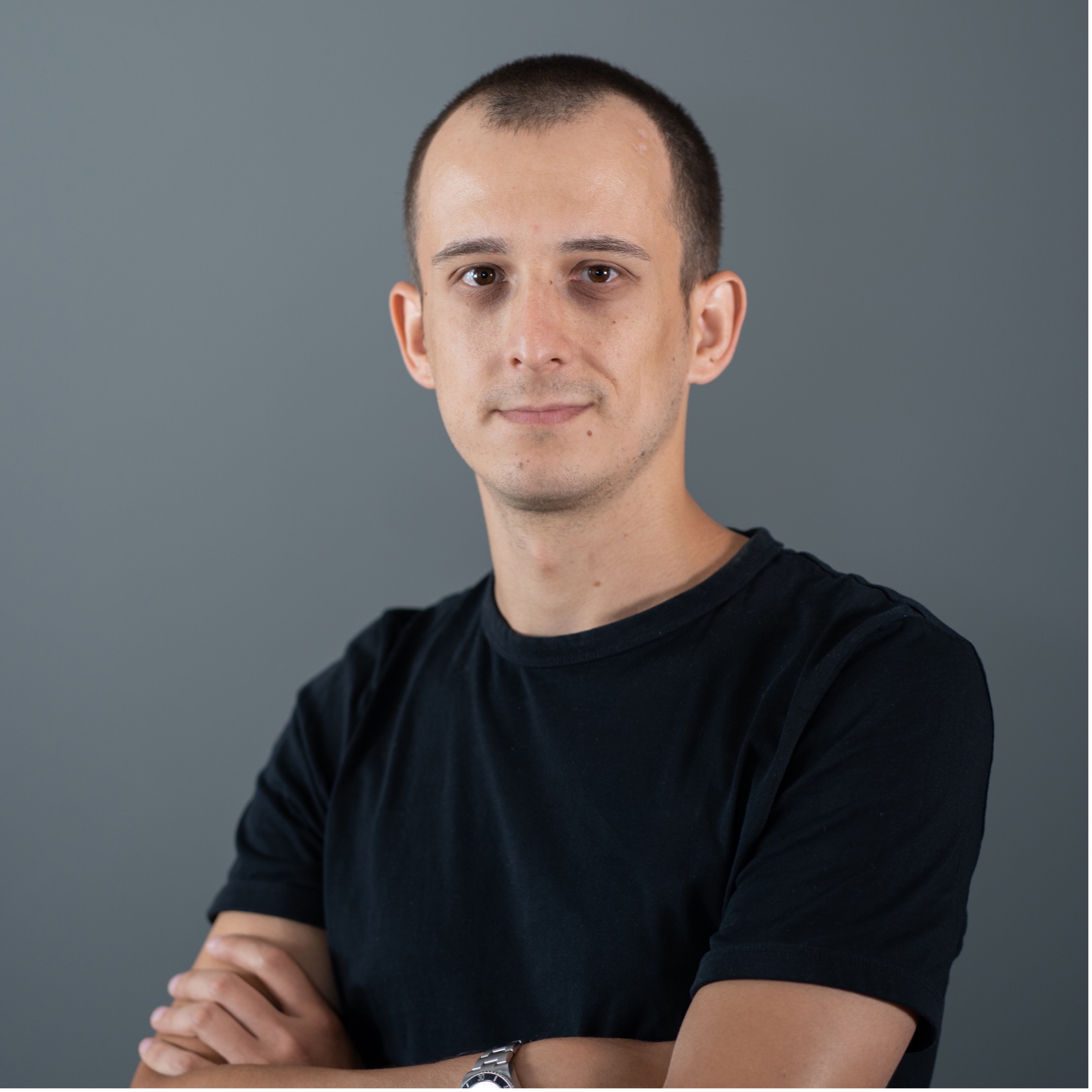
Robert Wortman
Trend Micro
Keynote
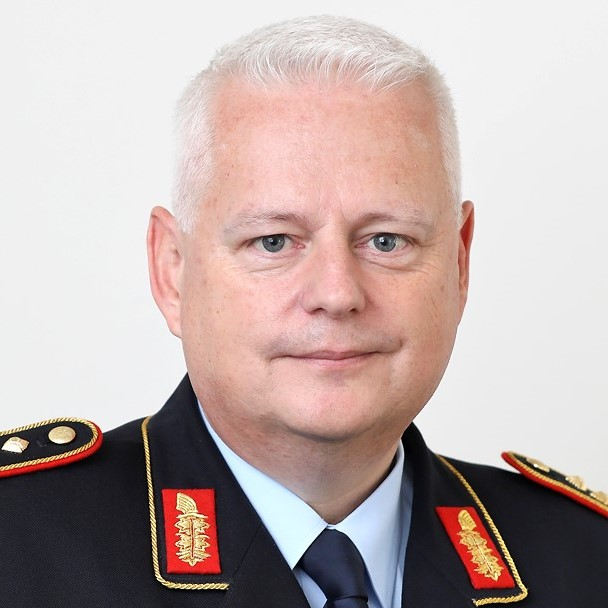
Lieutenant General Michael Vetter
Federal Ministry of Defence, Germany
Lieutenant General Michael Vetter is the Director General for Cyber/IT and Chief Information Officer in the German Ministry of Defence in Berlin since April 2019. Lieutenant General Vetter joined the Luftwaffe as an officer cadet in 1982 and served as a Supply Officer and Squadron Commander in a Tactical Reconnaissance Wing. At staff level he served in various functions such as Assistant Chief of Staff Support in the Luftwaffe Air Transport Command and Branch Chief in the Luftwaffe Support Command. At MoD level he served as Assistant Branch Chief in the Air Staff, as Branch Chief Logistics Plans and Policy at the Joint Staff and as Assistant Chief of Staff for Support at the Joint Staff. From 2003 until 2005 he was the Military Assistant to the Chief of the Air Staff. Lieutenant General Vetter commanded Luftwaffe Maintenance Regiment 2 in Diepholz from 2005 until 2007 and became the Deputy Commander and Chief of Staff Bundeswehr Logistics Centre in 2009. From May 2013 until December 2013 he served as the Deputy Chief of Staff for Support in ISAF Regional Command North, Mazar-e-Sharif, Afghanistan. From 2012 until 2017 he commanded the Bundeswehr Logistics Centre located in Wilhelmshaven. In 2017 he became the first Vice Chief Bundeswehr Cyber and Information Domain Service (CIDS) and the Chief of Staff CIDS Headquarters. Lieutenant General Vetter holds a Master’s Degree in Economics from the Bundeswehr University Munich. He attended the German General Staff Officers Course at the Federal Armed Forces Command and General Staff Academy in Hamburg. He is a member of the Royal College of Defence Studies in London and a graduate from the Defence Resources Management Institute/United States Navy Postgraduate School in Monterey/California. Lieutenant General Vetter is married to Yasmin. They have six children.
Coffee Break
Compute to Compete: Cloud, AI, and Strategic Competition over Digital Infrastructure
Compute to Compete: Cloud, AI, and Strategic Competition over Digital Infrastructure
There is little about the current era of strategic competition that does not tie back, in some way, to the digital infrastructure powering nations and multi-national companies. Be it the planetary scale cloud computing or the emerging bubble of AI services, everything from modern banking to contemporary weapon systems rely heavily on backbone digital infrastructure. The competition for access, control over, and restriction of that infrastructure is carving battle lines even amidst close allies and partners. Within this landscape, access to technologies such as sophisticated semiconductors, AI-enabled large-scale data processing, and cloud computing infrastructure creates both economic and strategic advantages for states and companies.
Computing power will only become more central to core public and national security functions. Thus, states have increasingly sought to respond to this competition over computing power through statecraft, building their own capacity through investing in onshoring (or friend-shoring) key technology manufacturing processes, supporting the development of domestic cloud computing businesses, and allocating government resources to accelerate AI development while seeking to restrict those same resources to others.
This session seeks to update the vital conversation about computing power as a strategic resource.
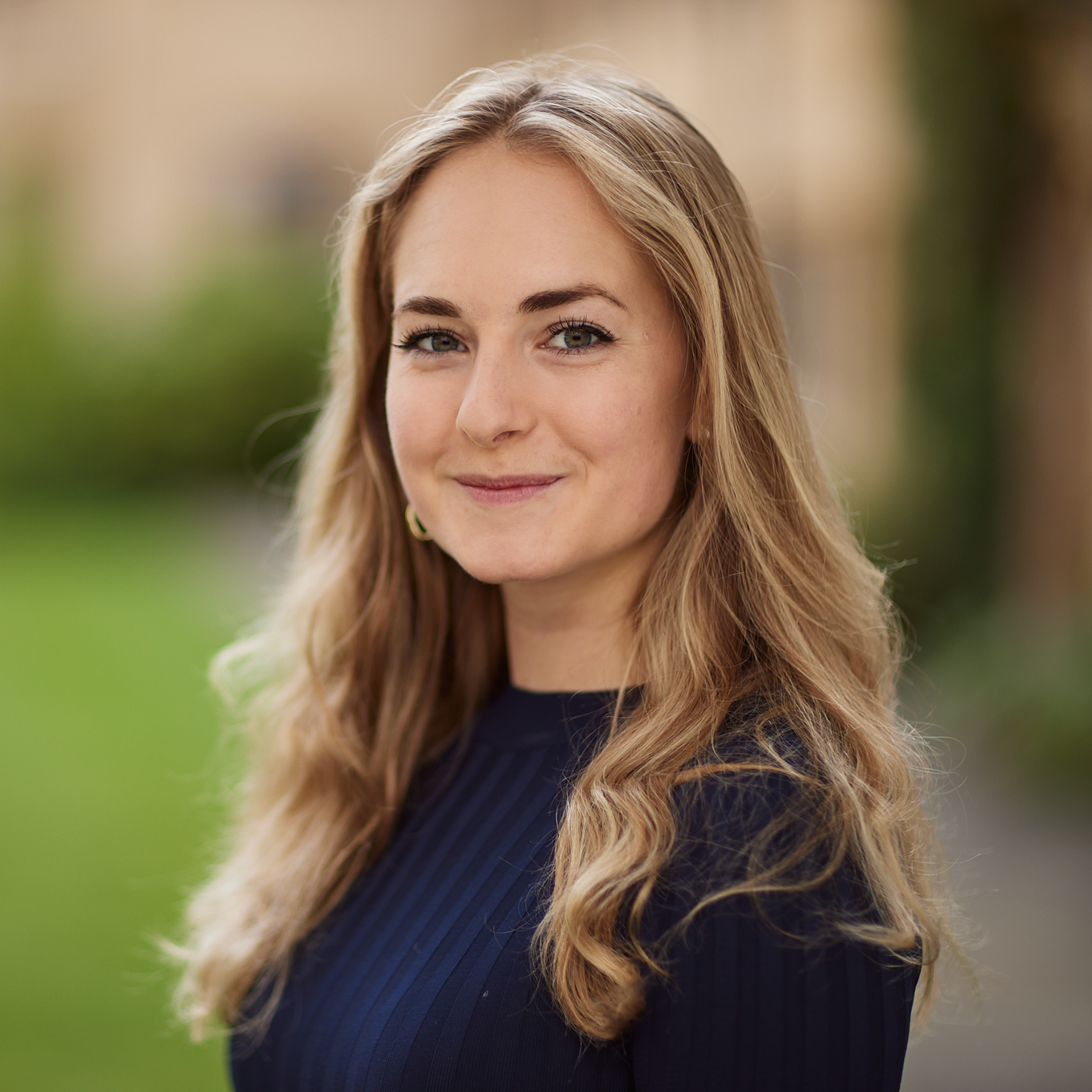
Julia Carver
European Cybersecurity Fellow and Lecturer in Politics, University of Oxford
Julia Carver is a DPhil (PhD) Candidate in International Relations at the University of Oxford and Nuffield College, and a European Cybersecurity Fellow at ECCRI. She also holds a Politics Lectureship at Magdalen College (Oxford). Her work explores the relationship between the development of cybersecurity policies and geopolitical thinking in the ‘digital age’, including how policymakers conceive of digital infrastructure and cyber capacity building as tools for strategic advantage. Her research is jointly funded by the Economic and Social Research Council and Nuffield College. She has contributed research to policy processes at the UK Ministry of Defence and other European policy communities. In 2021, she founded the Oxford Changing Character of War Centre’s Cyber Strategy and Technology Statecraft Working Group, which remains hosted by Nuffield College.
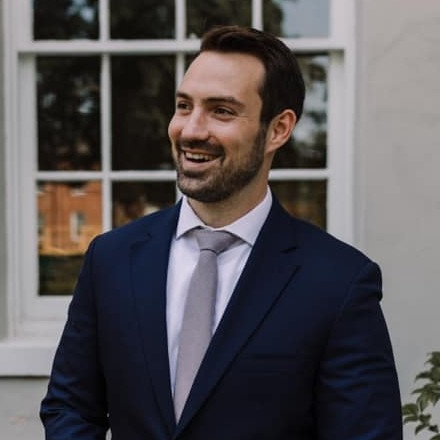
Taylor Roberts
Director of Global Security Policy at Intel Corporation
Taylor is the Director of Global Security Policy at Intel Corporation. At Intel, Taylor leads on cybersecurity policy engagements and works to help shape the cybersecurity policy ecosystem to both improve the global security practices and enable the execution of Intel product roadmaps. Prior to joining Intel, Taylor served as a Cybersecurity Advisor for the Office of Management and Budget, where her developed government-wide policies to oversee agency cybersecurity practices, and at the University of Oxford as a Senior Researcher for cyber capacity building. He received his Master’s in Pacific International Affairs from the University of California, San Diego and Bachelor’s from Trinity University.

Emma Schroeder
Associate Director with the Cyber Statecraft Initiative, within the Atlantic Council Tech Programs
Emma Schroeder is an associate director with the Cyber Statecraft Initiative, within the Atlantic Council Tech Programs. Her focus in this role is on developing statecraft and strategy for cyberspace that is useful for both policymakers and practitioners. She works primarily on CSI’s Conflict, Tech, and Markets portfolio, which examines the role of cyber and cyber-enabled technology in conflict and its impact on states, non-state groups, and markets.

Max Smeets
Senior Researcher at the Center for Security Studies (CSS) at ETH Zurich and Co-Director of the European Cyber Conflict Research Initiative and European Cyber Conflict Research Incubator
Max Smeets is a Senior Researcher at the Center for Security Studies (CSS) at ETH Zurich and Co-Director of the European Cyber Conflict Research Initiative and European Cyber Conflict Research Incubator. He is the author of 'No Shortcuts: Why States Struggle to Develop a Military Cyber- Force’ (Oxford University Press & Hurst Publishers, 2022) and co-editor of ‘Deter, Disrupt or Deceive? Assessing Cyber Conflict as an Intelligence Contest’ (Georgetown University Press, 2023) and 'Cyberspace and Instability' (Edinburgh University Press, 2023). Max is an affiliate at Stanford University’s Center for International Security and Cooperation (CISAC) and an associate fellow at Royal United Services Institute (RUSI). He also lectures on cyber warfare and defense as part of the Senior Officer course at the NATO Defense College in Rome. He recently co-founded Binding Hook, a new media outlet on technology and security part of ECCRI. He was previously a postdoctoral fellow and lecturer at Stanford University CISAC and a College Lecturer at Keble College, University of Oxford. He has also held research and fellowship positions at New America, Columbia University SIPA, Sciences Po CERI, and NATO CCD COE. Before his academic career, Max worked in finance in London and Amsterdam. Max received a BA in Economics, Politics and Statistics summa cum laude from University College Roosevelt, Utrecht University and an MPhil (Brasenose College) and DPhil (St. John’s College) in International Relations from the University of Oxford.
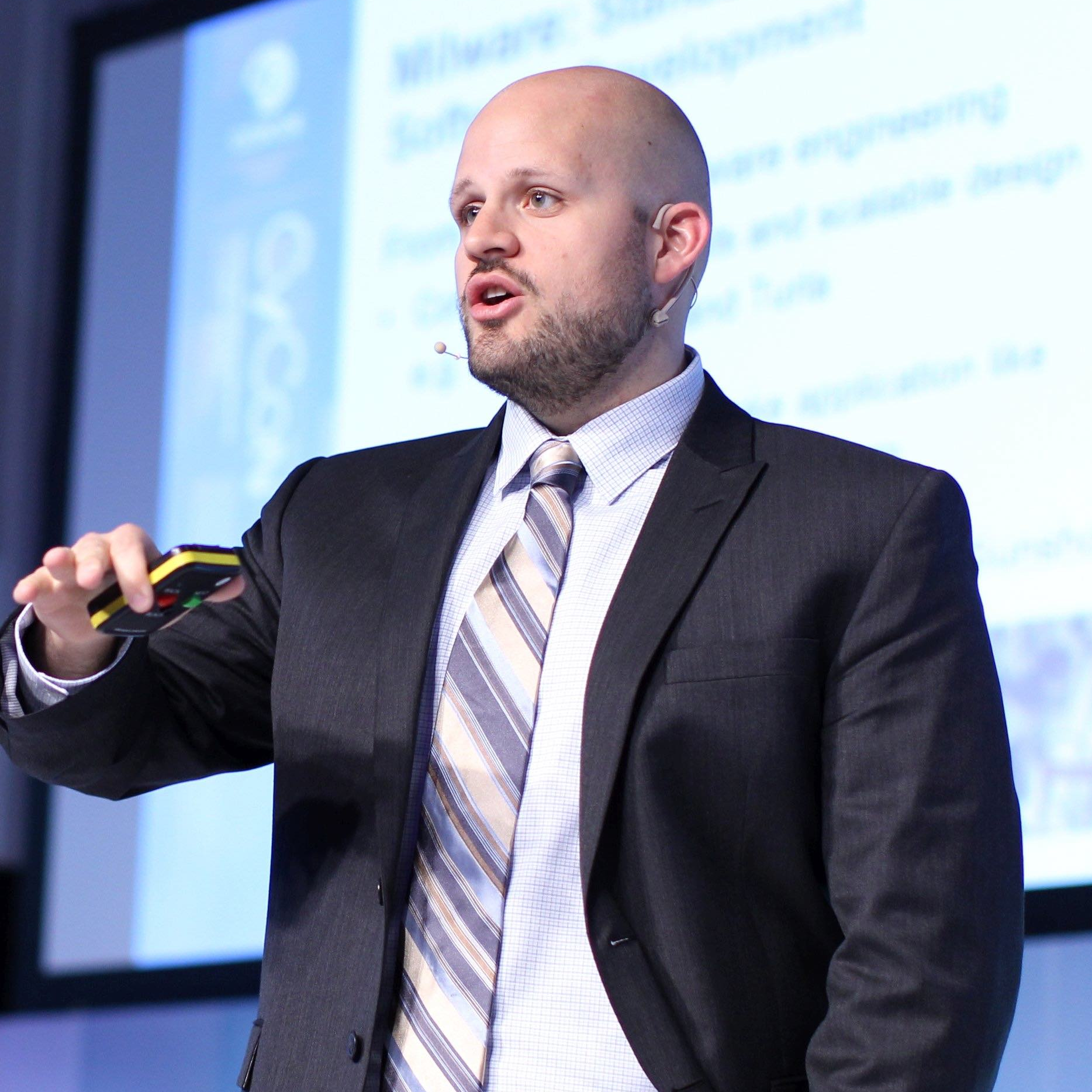
Trey Herr
Assistant Professor of Global Security and Policy at American University’s School of International Service and Senior Director of the Atlantic Council’s Cyber Statecraft Initiative
Trey Herr is assistant professor of Global Security and Policy at American University’s School of International Service and Senior Director of the Atlantic Council’s Cyber Statecraft Initiative. The Cyber Statecraft team works at the intersection of cybersecurity and geopolitics across conflict, cloud computing, supply chain policy, and more. At American, Trey’s work focuses on competitive interactions between states and non-state groups, especially technology firms. Previously, he worked for Microsoft, the Belfer Cybersecurity Project at Harvard Kennedy School and the Hoover Institution at Stanford University. He holds a PhD in Political Science and BS in Musical Theatre and Political Science.
Lunch
Future Foresight: Visions of Cyberspace, Methodologies, and Applications (Strat)
Future Foresight: Visions of Cyberspace, Methodologies, and Applications (Strat)
Niels Bohr said that ‘Prediction is very difficult, especially if it’s about the future’. Nevertheless, we all need to plan for the future. Strategic forecasting and foresight can help policy planners better define the significant and likelihood of future risks and opportunities and offer better responses to them. This panel discusses how strategic forecasting and foresight can be applied to the future of cyber conflict, as well as innovative methods of how to do that.

Chris Fall
Vice President for Applied Sciences at the MITRE Corporation
Dr. Chris Fall is the Vice President for Applied Sciences at the MITRE Corporation, where his team spans emerging technologies; life, physical, and health sciences; transportation; energy, climate, and the environment; economics; acquisition; and enterprise strategy. Fall most recently served as the Director of the Department of Energy Office of Science, where he was responsible for 10 of the 17 DOE national laboratories, and as Acting Director of the Advanced Research Projects Agency-Energy (ARPA-E). Previously, Fall served at the Office of Naval Research and in the White House Office of Science and Technology Policy.

Prof. Herb Lin
Senior Research Scholar at the Center for International Security and Cooperation and Hank J. Holland Fellow at the Hoover Institution, both at Stanford University
Herbert Lin is senior research scholar at the Center for International Security and Cooperation and Hank J. Holland Fellow at the Hoover Institution, both at Stanford University. He is also a member of the Science and Security Board of the Bulletin of Atomic Scientists. In 2016, he served on President Obama’s Commission on Enhancing National Cybersecurity. In 2019, he was elected a fellow of the American Association for the Advancement of Science. In 2020, he was a commissioner on the Aspen Commission on Information Disorder. From 1986 to1990 he was a professional staff member and staff scientist for the House Armed Services Committee. He received his doctorate in physics from MIT.
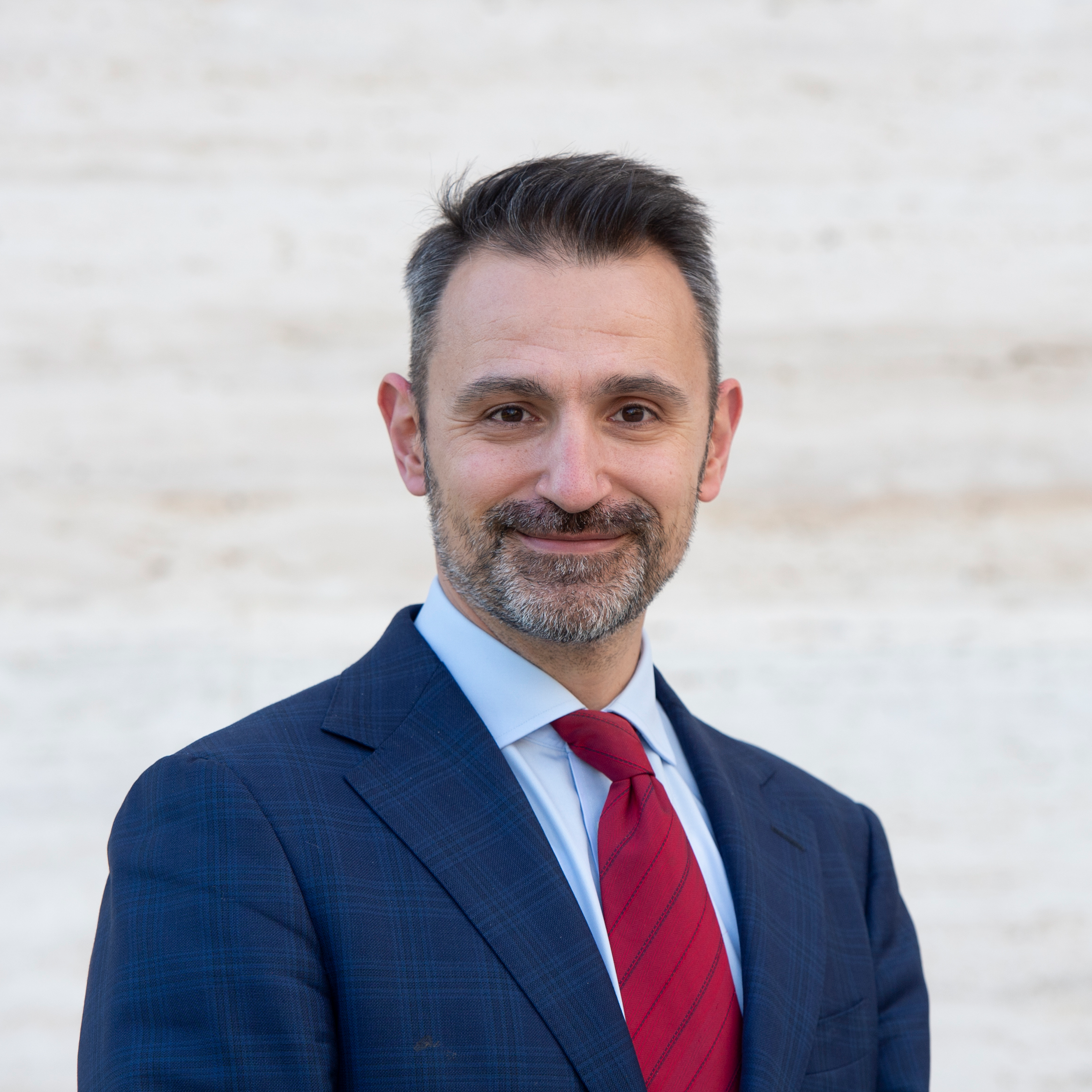
Giacomo Persi Paoli
Head of the Security and Technology Programme at the United Nations Institute for Disarmament Research (UNIDIR)
Giacomo is the Head of the Security and Technology Programme at the United Nations Institute for Disarmament Research (UNIDIR). His expertise spans the science and technology domain with emphasis on the implications of emerging technologies for security and defence. His recent work focused on artificial intelligence and cyber security. Before joining UNIDIR, Giacomo was Associate Director at RAND Europe where he led the defence and security science, technology and innovation portfolio as well as RAND’s Centre for Futures and Foresight Studies. He also served for 14 years as warfare officer in the Italian Navy. He holds a PhD in Economics from the University of Rome, a master’s degree in Political Science from the University of Pisa, and a master’s degree in International Affairs and Diplomacy from the University of Trieste. He speaks English, French and Italian.
Tech Across the Horizon (Tech)

Raymond Bierens
Strategic Advisor to the Federal CISO of the Dutch Government
Netherlands
Mr. Raymond Bierens is a strategic advisor to the Federal CISO of the Dutch Government where is identifying new and novel ways for assessing the cyber resilience of governmental organizations in The Netherlands. The project allows him to apply his insights from his ongoing current PhD Research at the Amsterdam Business Research Institute at the Vrije Universiteit, and his position as chairman of the CTI-sharing Connect2Trust Foundation. The central theme in all of these activities is to support decision makers in making the right decisions created by the increasing digital transformation. His former role as global vice-president for Defense & Security and Cybersecurity with Atos provides him with the 25 years of experience to position the MoD as a leader within government amidst rising geopolitical tensions.
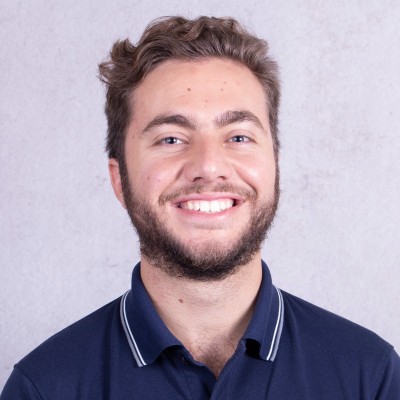
Alexander Rohl
University of Adelaide, Australia

Jelizaveta Vakarjuk
Cybernetica AS and TalTech
Jelizaveta Vakarjuk is a junior researcher in Cybernetica and industrial PhD student at Tallinn University of Technology. Her research focuses on post-quantum cryptography, privacy-preserving cryptography, and security of voting systems. Mainly she studies post-quantum digital signatures, but also focuses on the aspects of migration to post-quantum cryptography.
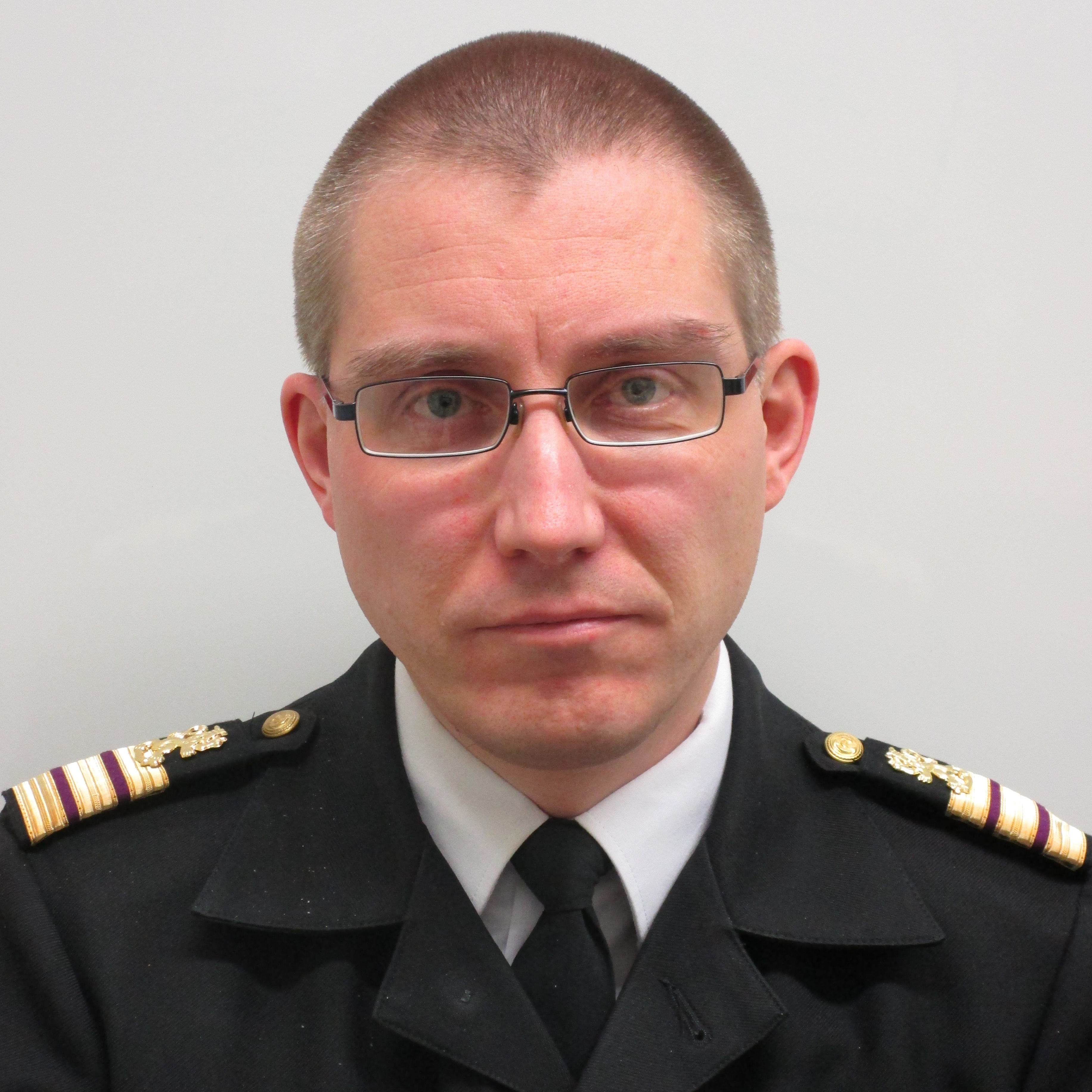
LCDR Dr Bernt Åkesson
Researcher at the Technology Branch of NATO CCDCOE
Lieutenant Commander (Eng.), Dr Bernt Åkesson holds a Master's degree in Chemical Engineering and a Doctoral degree in Process Control. He has served in the Finnish Defence Forces since 2007 and has worked in research projects in Operational Analysis and Cyber Defence. Currently he serves as a Researcher at the Technology Branch of NATO CCDCOE.
Keeping Peace in Outer Space (Law)
Keeping Peace in Outer Space (Law)
Outer space is an area of growing economic and technological importance. It is also a developing theatre of military activity and warfare, which includes the proliferation of counterspace, or antisatellite, capabilities. Against this backdrop, the development of a legal framework for military activities in outer space is of critical urgency. The panel will discuss the principal developments in the relevant areas of international law, as well as assessing the effectiveness of the current legal framework.
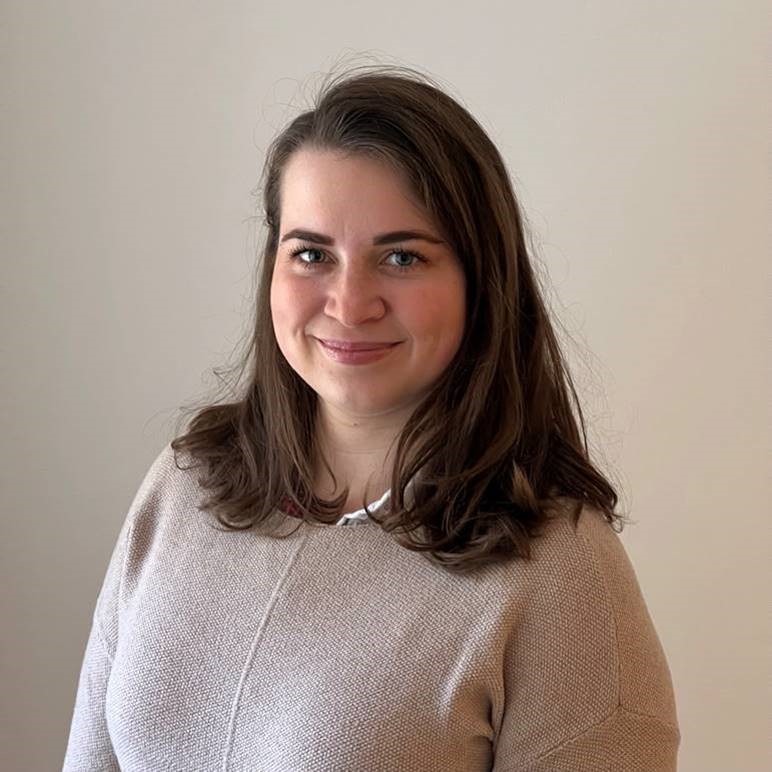
Anna Blechová
Faculty of Law, Masaryk University
Anna Blechová is a PhD student at the Institute of Law and Technology, Masaryk University. Her research focuses on the legal aspects of cybersecurity in outer space, with a specific focus on the area of New Space. Anna holds a law degree from Masaryk University and has previously interned at the Law Branch of NATO CCDCOE and the National Cyber and Information Security Agency (NÚKIB). In addition to her PhD studies, she currently works as a cybersecurity manager at the Prosecutor General's Office in Czechia.

Deborah Housen-Couriel
Chief Legal Officer and VP Regulation for Konfidas Digital Ltd., Advisory Board for the Federmann Cyber Security Research Center
Deborah Housen-Couriel is currently the Chief Legal Officer and VP Regulation for Konfidas Digital Ltd., a cyber and data protection consulting firm located in Tel Aviv. Her expertise is in cyber and data protection law, with a focus on cyber preparedness and incident response in the areas of public health, transport, finance and telecom. Deborah’s experience includes work as a Core Expert on the Manual on International Law Applicable to Military Uses of Outer Space (MILAMOS), on the Editorial Board of the McGill Encyclopedia of International Space Law, and as a Working Group Chair of the Global Forum on Cyber Expertise. She was a member of the International Group of Experts that drafted the 2017 Tallinn Manual 2.0 on state activity in cyberspace. She currently serves on the Advisory Board for the Hebrew University Law School’s Cyber Security Research Center; and as a research fellow with the IDC Herzliya’s Institute for Counter-Terrorism. Deborah teaches cyber law and policy at both of these universities. In 2011, she co-chaired the Regulation and Policy Committee of Israel’s National Cyber Initiative; and in 2013-4 served on the National Cyber Bureau’s Public Committee on the Cyber Professions. She is a graduate of Harvard Kennedy School (MPA-MC), the Law School of Hebrew University (LL.B., LL.M.) and Wellesley College (scl).

Dr Stefano Mele
Partner at Gianni & Origoni legal firm and President of the Information and Communication Technology Authority of the Republic of San Marino
Italy
Stefano Mele is a Partner at Gianni & Origoni where he is the Head of the Cybersecurity & Space Law Department and Co-Head of the Privacy Department. He is also the President of the Information and Communication Technology Authority (“Autorità ICT”) of the Republic of San Marino. He is member of the Regulatory and Governance Committee of the Board of Directors of NEOM. He is Adjunct Professor of “Cyberspace Law and Policies for National Security” at the Faculty of Security Law of the Foggia University, as well as Academic Fellow of the Chair of Cybersecurity at the Department of Legal Studies of Università Bocconi and Academic Fellow at the Chairs of Legal Informatics and Advanced Legal Informatics of the Faculty of Law of the University of Milan. He is a member of the Ethics-Judicial Committee of the Carabinieri Corps. He is a member of the Board of Directors and the President of the Cyber Security Commission of the Italian Atlantic Committee, as well as the President of the “Working Group on Cybersecurity” of the American Chamber of Commerce in Italy (AMCHAM). In 2020, he was invited to join the prestigious International Visitors Leadership Program (IVLP) of the U.S. Department of State. Finally, in 2014, the American magazine Forbes included him among the 20 best Cyber Policy Experts in the world to follow on Internet.

Dr Chris O'Meara
Senior Lecturer in Law, University of Exeter
Dr Chris O’Meara is a Senior Lecturer in Law at the University of Exeter. Chris' research interests lie in the field of public international law, with a particular focus on the legal regulation of armed conflict. Chris has a PhD in International Law from University College London and is the author of Necessity and Proportionality and the Right of Self-Defence in International Law (OUP, 2021). His latest book, The Right of Self-Defence in International Law, will be published by OUP as part of their Elements of International Law series. Chris has also published in leading international law journals, including the International & Comparative Law Quarterly and Journal on the Use of Force and International Law.
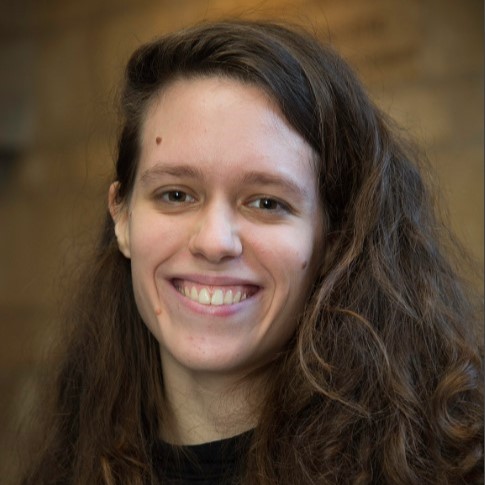
Dr Giulia Pavesi
Researcher at Leuven Centre for Global Governance Studies
Netherlands
Giulia Pavesi is a researcher in International Law and International Space Law at the Leuven Centre for Global Governance Studies and at the Institute of International Law, KU Leuven. Giulia's main fields of interest are space security, European space security, defence and security and law on the use of force, with a particular focus on hybrid warfare applied to the space domain.
Coffee Break
Capacity Building: Cyber Security of Ports and Maritime Transport (Strat)
Capacity Building: Cyber Security of Ports and Maritime Transport (Strat)
Robust port and maritime cybersecurity is essential for national and international security, military readiness, and efficient supply chains. During this session, the EU CyberNet will share experiences from research carried out in cooperation with the CRIMSON project on maritime cybersecurity in African ports and with other EU-funded projects on port security in Latin America. The session describes deficiencies identified in the cybersecurity of ports and the root causes of these deficiencies, which arise from the specific nature of their infrastructure. The experts participating in the panel will share their perspectives on port infrastructure from the points of view of port operators, state supervision, development aid providers, and military planning. The session also introduces the lessons learned from large-scale training organised for West African ports.
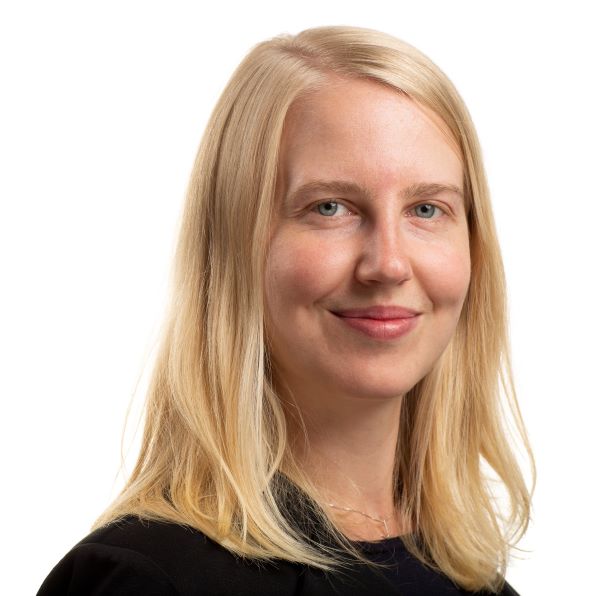
Dr Marie Haugli-Sandvik
Associate Professor at the Norwegian University of Science and Technology (NTNU)
Dr Marie Haugli-Sandvik holds a PhD in maritime cybersecurity and human factors. Her research primarily focuses on human behavior and cognitive psychology in cyberspace. Currently, she is working as an Associate Professor at the Norwegian University of Science and Technology (NTNU). Additionally, she is a member of the Critical Infrastructure Security and Resilience Group (CISaR) and the Center for Cyber and Information Security (CCIS). Marie has a background as a deck officer in the offshore industry, and she is working towards enhancing cybersecurity training for seafarers and other maritime personnel.
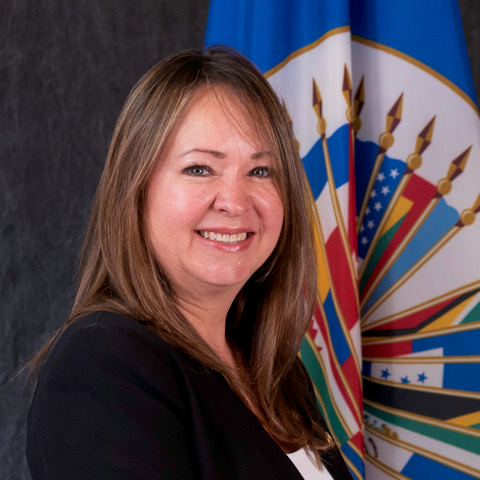
Lisbeth Laurie
Program Manager of the Maritime and Port Security Program of the Inter-American Committee against Terrorism (CICTE)
Lisbeth Laurie, Program Manager of the Maritime and Port Security Program of the Inter-American Committee against Terrorism (CICTE), has twenty three years of experience in the General Secretariat of the Organization of American States (OAS).In her current position, Mrs. Laurie focuses on initiatives designed to improve maritime and port security, including promoting, designing, and implementing training programs for representatives of OAS Member States; developing training content, best practices, and simulations related to port security; and implementing efforts related to supply-chain security of OAS Member States. Ms. Laurie has led important initiatives, such as the development of National Maritime Security Strategies for Guatemala and each of the seven Eastern Caribbean countries and their Regional Maritime Security Strategy; Operational Port Assessment, in addition to leading the implementation of several comprehensive security-related capacity assessments at both the national and port levels; national-level workshops on maritime security drills and exercises; and facilitation of regional workshops and round tables with authorities responsible for maritime security. Within the General Secretariat of the OAS, Mrs. Laurie has held a variety of managerial positions, primarily focused on promoting efficiency within the Organization by optimizing processes, resources and ensuring compliance with budgetary and financial rules and regulations of the General Secretariat, its subsidiary bodies, donors and other related entities. Ms. Laurie holds a B.A. degree in Public Accounting with specialties in two areas, Forensic Accounting and Financial Analysis, and is a Certified Public Accountant. As well as various graduated studies related to maritime security; incident command system; dynamics of maritime, river and port drug trafficking; and development of national security strategies.
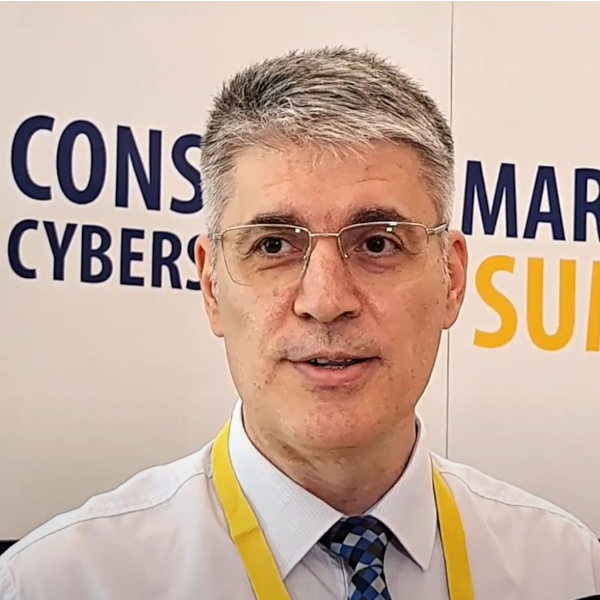
Prof. Dr Gabriel Raicu
Rector of Maritime University of Constanta (CMU) and the Director of Maritime Cybersecurity Center of Excellence (MARCYSCOE)
Prof. Dr Gabriel Raicu is the Rector of Maritime University of Constanta (CMU) and the Director of Maritime Cybersecurity Center of Excellence (MARCYSCOE). He spearheaded the creation of the first-ever maritime cybersecurity simulator and was instrumental in establishing the inaugural maritime sectoral CSIRT. Annually, in collaboration with the European Security and Defense College, he coordinates the BSCySeC#X conference series and the Cyber ETEE Summer School. Prof Raicu holds a master’s degree in maritime engineering and a doctoral degree in cybernetics. His work in the domains of cybersecurity early warning with applications in the energy industry, the protection of critical maritime infrastructures, and developing cybersecurity infrastructures and logistics has been influential. In addition to these responsibilities, he is the vice president of the Cybersecurity Cluster of Excellence (CYSCOE), an organization that brings together businesses, public authorities, and academia to promote cybersecurity’s development and societal integration. Furthermore, he maintains leadership roles in a range of national and international cybersecurity organizations.
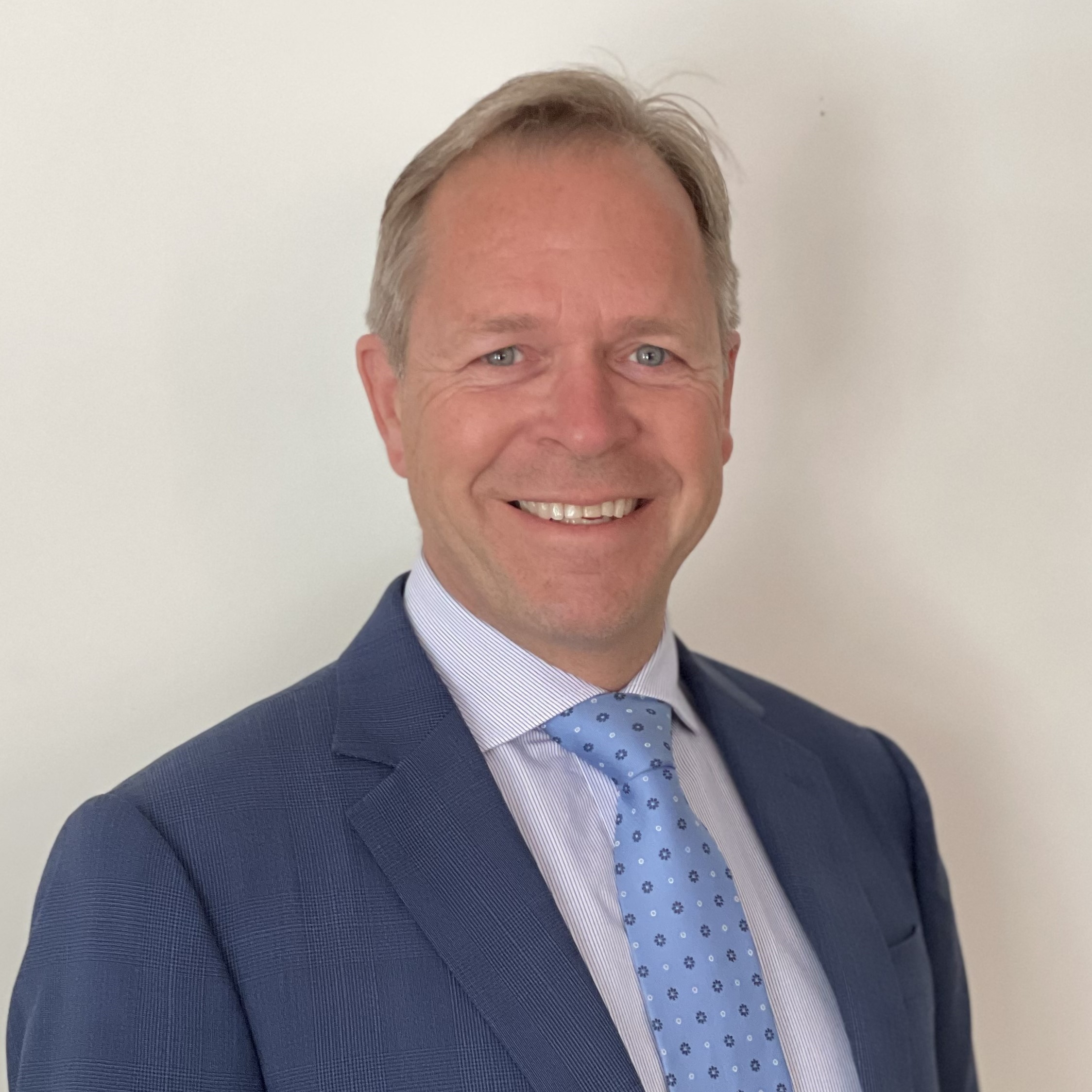
Christophe Van Maele
Maritime Governance Unit within the Peacekeeping Division of UNITAR (United Nations Institute for Training and Research)
Christophe Van Maele manages the Maritime Governance Unit within the Peacekeeping Division of UNITAR (United Nations Institute for Training and Research). He coordinates maritime and port security projects in Malaysia, Bahrain, West and Central Africa, and Rwanda, aiming to enhance their resilience against various security issues, including ISPS compliance, drone threats, and cybersecurity risks. With over 35 years of experience in the maritime sector, including work in ports and on commercial ships, he has gained extensive knowledge of the industry and understands the challenges associated with implementing new technologies in seaports. Academically, he is pursuing a PhD in Maritime Governance and holds an MBA and several master's degrees.
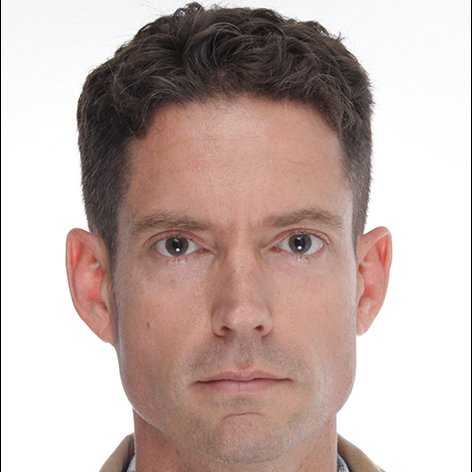
Cmdr. Michael Widmann
Cyber Operations Branch Chief at NATO’s Maritime Command
Commander Michael Widmann graduated the US Naval Academy with a BS in economics. He completed two tours in Japan before attending Naval Postgraduate School and earning a MS in Space Systems Operations. Navy tours include: Information Assurance Officer for Strike Force Training Atlantic; Officer in Charge of Afghan National Security Forces Networks and Radios; Assistant Operations Officer at NCTAMS LANT; staff officer at the NATO C2 COE; and Service Chiefs representative at DARPA. He led the Strategy Branch at the Cooperative Cyber Defense Centre of Excellence (CCDCOE) where he was honored with the title of NATO CCDCOE Ambassador. Currently, he is the Cyber Operations Branch Chief at NATO’s Maritime Command.
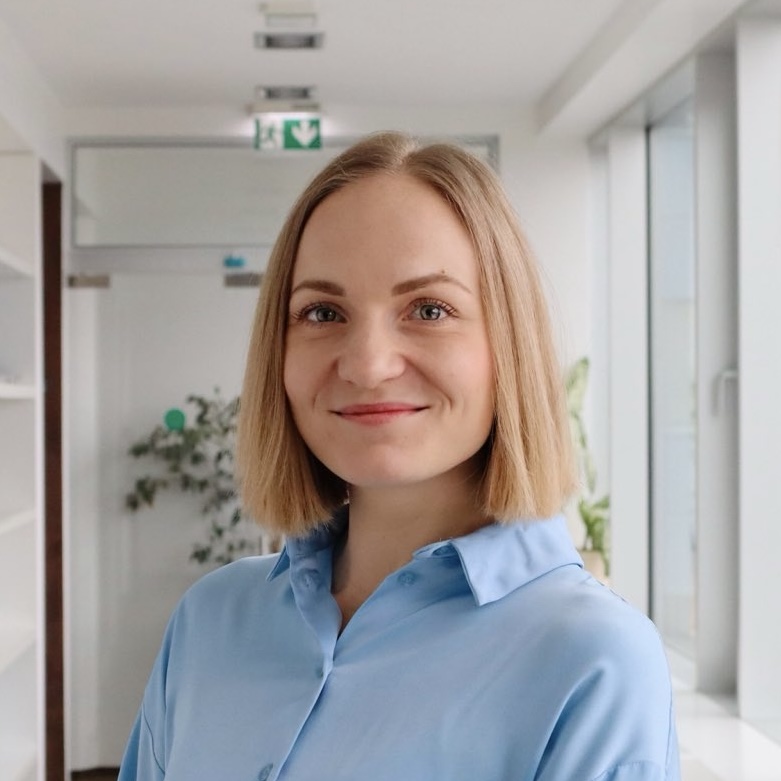
Silja-Madli Ossip
Community Lead, EU Cybernet
Silja-Madli Ossip works as a Community Lead in EU CyberNet and is responsible for outreach, partnerships, and community-building to expand the European Union-wide Stakeholder Community, and coordinate and map the EU-funded cyber capacity building projects globally. Prior to working for EU CyberNet, she held several posts supporting the digital and cyber policies at the Estonian National Cyber Security Centre and at the Permanent Representation to the EU. She has also worked as a Policy Coordinator at the Microsoft Government Affairs Team in Brussels. She holds a M.A. degree in International Relations from Leiden University.
Security from the Field (Tech)
Security from the Field (Tech)
This session is dedicated to contributions from practitioners in the cyber security industry. Industry experts will share their experience on the topics of hacktivism, the use of cyber crime resources for national goals, and harnessing natural language processing for intelligence analysis.

Dr Konstantinos Mersinas
Associate Professor at the Information Security Group, Royal Holloway, University of London
Dr Konstantinos Mersinas, PhD, CISSP, is an Associate Professor at the Information Security Group, Royal Holloway, University of London. Konstantinos worked in various industry cybersecurity roles before moving to academia. His research interests lie with human and behavioural aspects of cybersecurity, maritime security, and cybercrime. He has advised the UK All-Party Parliamentary Group (APPG) on Cybersecurity, the UK Fraud Act and Digital Fraud Committee, and a number of UK Government Departments. He co-founded the research group HIVE (Hub for Interdisciplinary research into Vulnerability to Exploitation), and is a Director at the International Cyber Security Center of Excellence (https://incs-coe.org) founded amongst institutions in the UK, US, and Japan to promote international cybersecurity research.
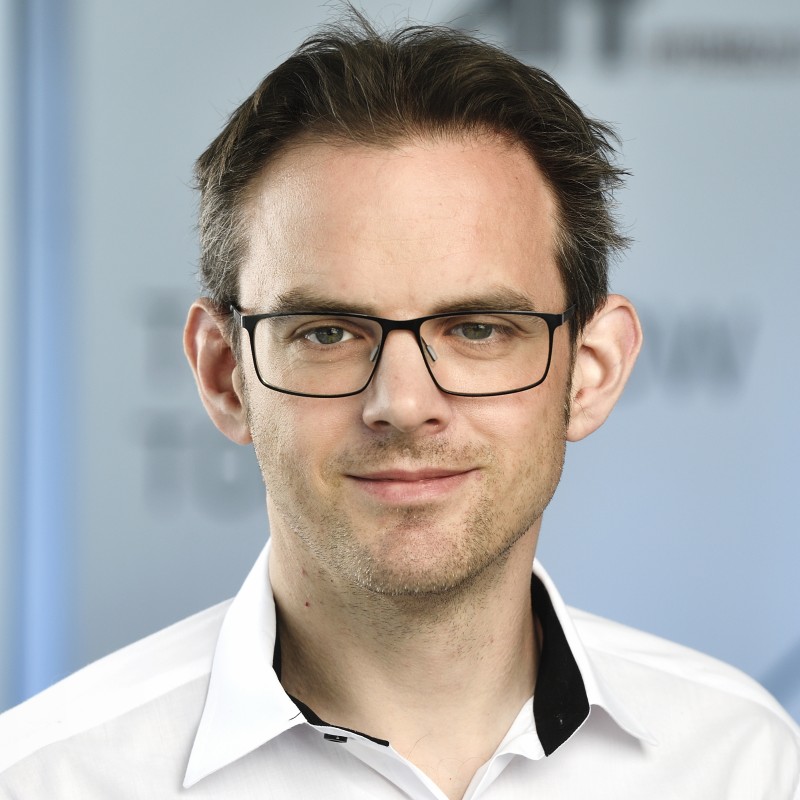
Dr Florian Skopik
Head of the Cyber Security Research Program at the AIT Austrian Institute of Technology
Florian Skopik leads the cyber security research program at the AIT Austrian Institute of Technology. In this role, he and his team oversee and contribute to large-scale European research projects focused on infrastructure protection and national cyber security. Building on extensive collaborations with national authorities and CERTs, they have recently expanded their research activities into the defense sector. They are actively involved in projects funded by the European Defence Fund (EDF), such as AInception, EUCINF, NEWSROOM, FEDERATES, and FACT. As a seasoned researcher, Florian has authored over 125 scientific conference papers and journal articles, along with several academic books covering a diverse range of security topics. He serves on various academic conference program committees, including ACM SAC, ARES, CRITIS, and EICC. Florian also contributes to editorial boards, such as IEEE Transactions on Dependable and Secure Computing, and participates in standardization groups such as ETSI TC Cyber, IFIP TC11 WG1, and OASIS CTI. He is a regular reviewer for esteemed journals, including Elsevier's Computers & Security and ACM Computing Surveys (CSUR). Beyond his academic pursuits, Florian is an ISO27001 Lead Auditor and a subject matter expert in network and information security (NIS). He is designated as an auditor for operators of essential services and frequently serves as an examiner of critical IT infrastructures. As a court-certified expert, Florian provides advisory opinions on legal matters pertaining to IT security and data security in court. Florian thrives on challenges and actively participates in Capture-the-Flag competitions and hackathons. He holds approximately 50 industry-recognized security certifications from ISC2, ISACA, SANS/GIAC, and various vendors. Florian is a Senior Member of the IEEE, a Senior Member of the Association for Computing Machinery (ACM), a Member of (ISC)2, a Member of ISACA, and a Member of the International Society of Automation (ISA).
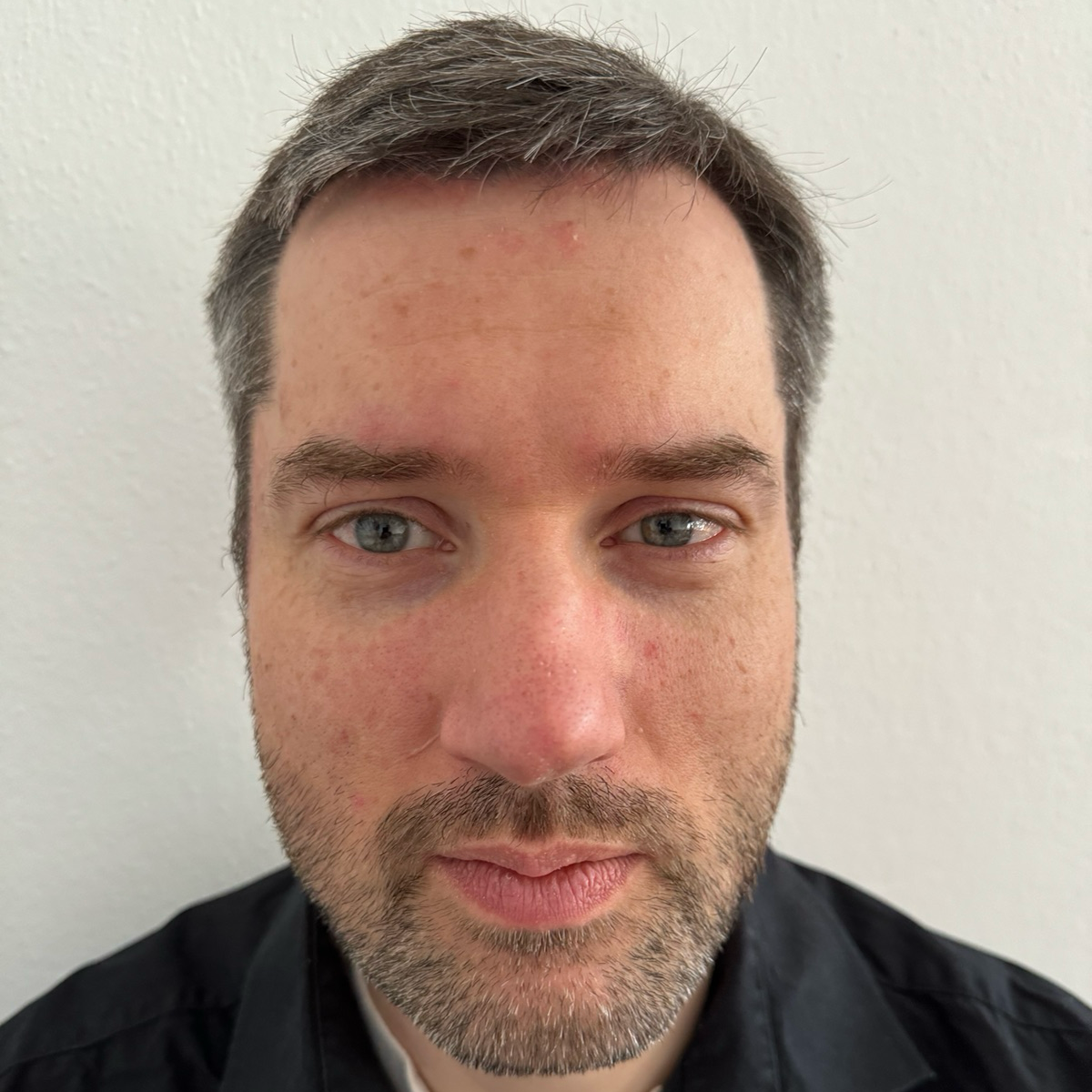
Richard Weiss
Reverse Engineer in Mandiant's FLARE Team
Richard is a reverse engineer in Mandiant's FLARE team where he focuses on analysing malicious binaries, researching and implementing modern methods of malware analysis, which he then teaches to future malware analysts. He also supports Malpedia (Fraunhofer FKIE) with its mission 'to provide a resource for rapid identification and actionable context when investigating malware' and a student association at the Technical University Ingolstadt of Applied Sciences as a voluntary lecturer for reverse engineering. Richard will also instruct and support ‘Team Europe’ for the next ‘International Cybersecurity Challenge’.

Dr Bernhards Blumbergs
Lead Cyber-security Expert at the Information Technology Security Incident Response Institution of the Republic of Latvia (CERT.LV)
Dr Bernhards Blumbergs is a lead cyber-security expert at the Information Technology Security Incident Response Institution of the Republic of Latvia (CERT.LV) and the former Technology Researcher at the NATO Cooperative Cyber Defence Centre of Excellence (NATO CCD COE) also the Ambassador of the Centre since 2018. Currently, he is doing his postdoctoral research project at the Nara Institute of Science of Technology, in Japan, within the JSPS fellowship. His primary focus is on operational technology, technical red teaming operation execution, and leading threat hunting operations against national critical infrastructure. He is the creator of a unique full-spectrum offensive cyber operation exercise Crossed Swords. He is a certified exploit researcher and advanced penetration tester (GXPN), industrial cyber security professional (GICSP), and response and industrial defense expert (GRID). He has a solid military background, targeted at developing, administering, and securing wide-area information systems. Dr. Blumbergs received his Computer Science Ph.D. degree in Cyber Security from Tallinn Technical University in 2019, with his dissertation on specialized cyber red team responsive computer network operations.
Safeguarding Against Data Misuses in Modern Conflicts (Law)
Safeguarding Against Data Misuses in Modern Conflicts (Law)
Cyber operations can leverage various techniques to deliver effects, that could involve the use of personal data, the influencing of individuals’ perceptions and attitudes, or potentially both. The availability of personal data collected in military cyber operations can be exploited to intimidate adversaries, undermine their morale, spread disinformation, etc.,. It can also be used to manipulate or even cause harm to civilians. Arguably, such uses of personal data cannot be unrestricted, even in the context of modern conflicts. Against this background, this panel will focus on the legal framework for military psychological operations in cyberspace and data protection in times of armed conflict.
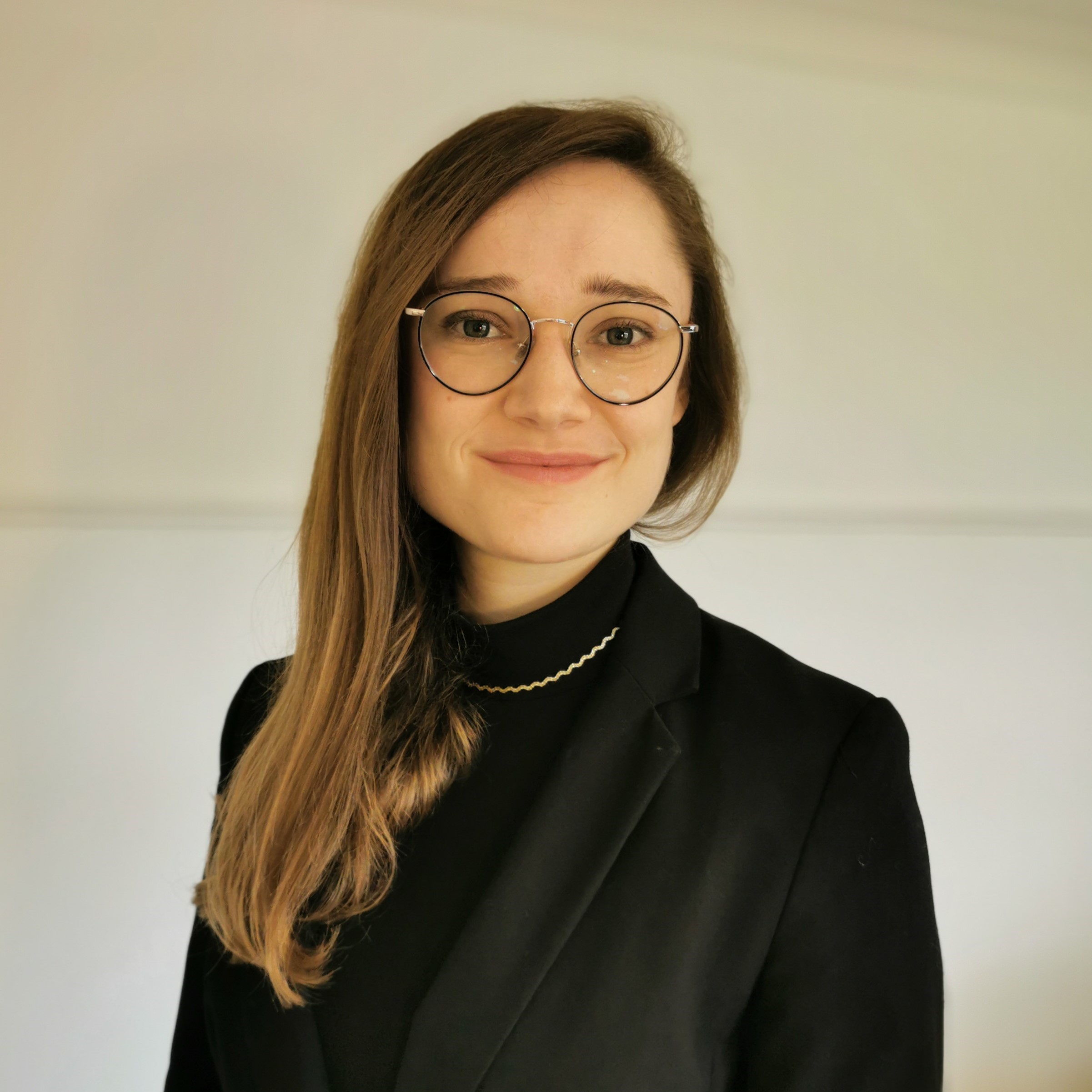
Tatjana Grote
PhD Candidate, University of Essex
Tatjana Grote is a PhD Candidate at the University of Essex (School of Law). Her research focuses on the international legal regulation of the military collection, retention and use of civilian personal data during armed conflict. She holds a Master of Laws with a specialism in Public International Law from London School of Economics and Political Science.
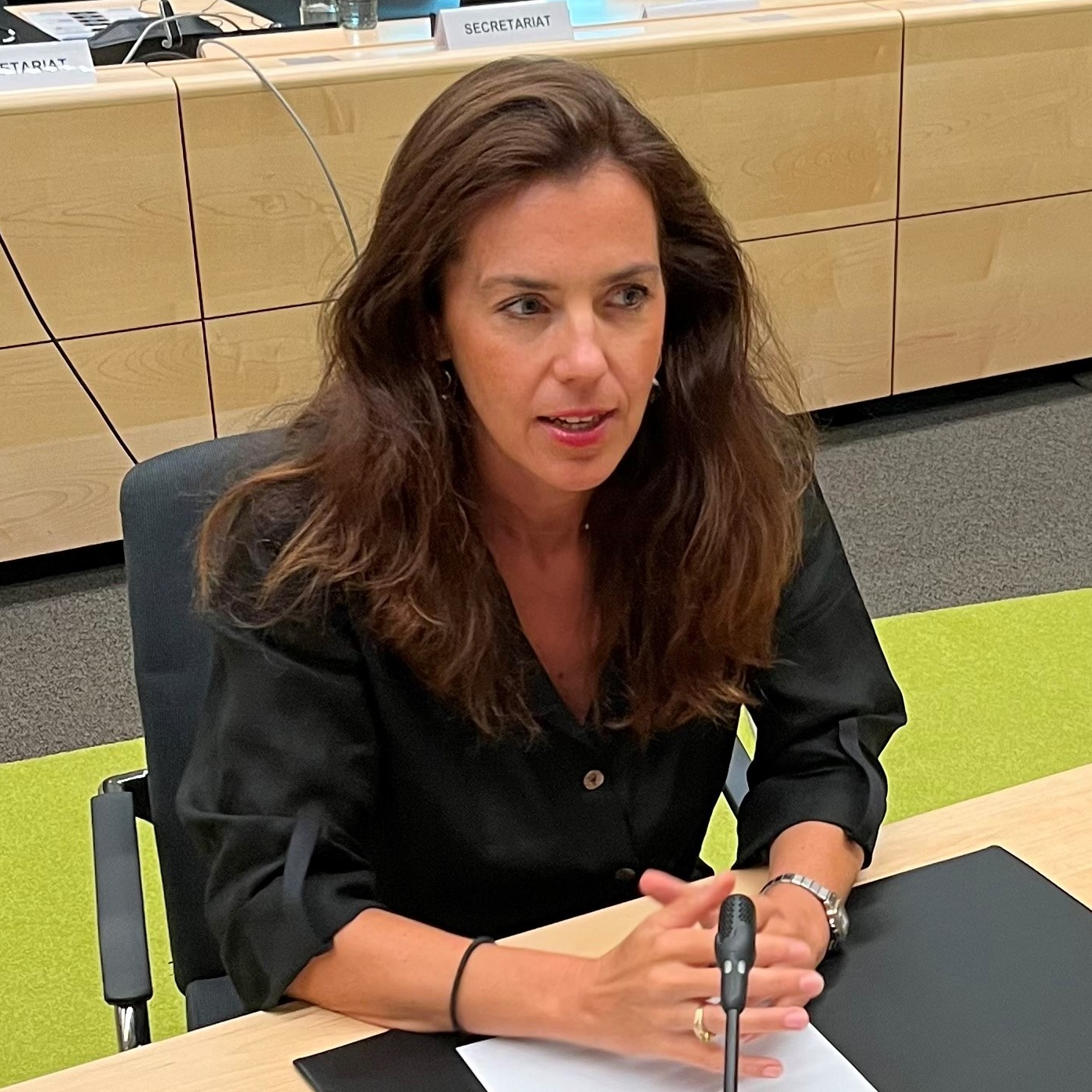
Petra Mahnič
Legal Advisor at the Council of the European Union
Petra Mahnič has been a member of the EU Council Legal Service since 2004, following her graduate studies in law in Ljubljana and Amsterdam, postgraduate studies of EU law at the College of Europe in Bruges (LLM), and a tenure as legal adviser in the Constitutional Court of Slovenia. Her areas of specialization include EU common foreign and security policy, common security and defence policy, EU restrictive measures, and public international law. She provides legal advice to various Council preparatory bodies, and acts as Council agent before the EU Courts. She is a co-organizer of executive training seminars on EU restrictive measures at the European University Institute of Florence (School of Transnational Governance), Italy, and a visiting professor at the College of Europe (Legal Department), Belgium.

Anastasia Roberts
Independent Legal Consultant
Anastasia Roberts is a qualified lawyer, with 26 years of legal practice. Following 20 years of Service with the British Army in the UK, Iraq, Afghanistan, Sierra Leone, Australia, Germany and most recently in Belgium with NATO, she is now an independent legal consultant. A specialist in operational law with significant experience in intelligence, cyber and strategic communications, she now focuses on legal training and exercise scripting and execution for military and civilian clients. Anastasia has a Masters in technology, media and communications law from Queen Mary University London and speaks French.

Hele Jonsson
Vice-President and Head of Group Privacy, Security, and AI Legal at Telia Company
Hele Jonsson is an experienced manager and legal advisor in the fields of privacy, security, and artificial intelligence. She holds two master’s degrees, in Law and an MBA from the Stockholm School of Economics. Currently, she serves as the Vice-President and Head of Group Privacy, Security, and AI Legal at Telia Company, a Swedish multinational telecommunications company and mobile network operator with operations in the Nordics and Baltics. Prior to this, she worked at a financial institution, a law firm, an export and investment council, and served as a Member of the European Advisory Board of the International Association of Privacy Professionals and a Member of the Board of Directors of the International Technology Law Association.
Bus Tranfers from Hilton Tallinn Park Hotel to CyCon Dinner
CyCon Dinner at PROTO Invention Factory
CyCon Dinner at PROTO Invention Factory
Venue: PROTO Invention Factory – Peetri 10, Tallinn
Location on the map: https://maps.app.goo.gl/FLUmFpGzYJuYBRrs8
This year we are taking you to the PROTO Invention Factory to enjoy good food, music, and the excellent company of your old and new colleagues at the CyCon dinner.
The PROTO Invention Factory is located in the former foundry of the Noblessner submarine factory. It features dozens of attractions that make use of innovative technology to convey the exciting atmosphere of Jules Vernes’ era of fabulous inventions. PROTO’s uniqueness lies in its combination of novel virtual reality technology with technological prototypes from over a hundred years ago to produce an entertaining experimentation lab.
Buses to the CyCon dinner leave at 19:00 from Hilton Tallinn Park Hotel. Buses from the dinner back to the city centre leave at 22:30.





